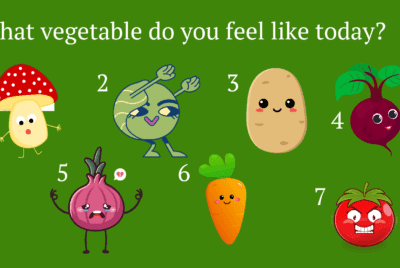RESEARCH
Upscaling Green Social Prescribing and Urban Agriculture in Cities: Reflections on Social and Horticultural Therapy in the United Kingdom
Summary
This paper reflects on Upscaling Green Social Prescribing (GSP) and Urban Agriculture (UA) in the United Kingdom, particularly in the post-COVID era which has seen accelerated investment and support for urban greening initiatives. Building on the growing interest in bringing nature into cities through various green assets like parks, allotments, and urban farms, the article focuses explicitly on the relationship between UA and GSP. GSP is defined as supporting people in engaging in nature-based interventions and activities to improve their mental health, connecting individuals to NBIs like UA sites. The paper highlights practices on the ground and aims to demonstrate the increased impact of UA schemes that adopt GSP, arguing that this approach offers an opportunity for underfunded UA spaces to diversify activities, enhance impact, and generate more income.
The study design for this reflection includes an exploratory case study of Get Up & Grow, an organization operating in the deprived areas of Oldham and Rochdale in Greater Manchester, which uses Social and Horticultural Therapy (SHT) as a form of GSP. The research explored the impact of Get Up & Grow’s SHT activities between 2020 and 2022, specifically focusing on their community garden operations in Oldham. The methodology adopted a co-operative inquiry approach, aiming to capture the impact of each SHT session and enable participants to evaluate how the sessions affected their health and well-being, viewing them as co-researchers. Data collection tools included interviews with community members, participant observation during weekly sessions (often attracting up to twenty attendees), and reflective field diaries completed by participants and organizers.







